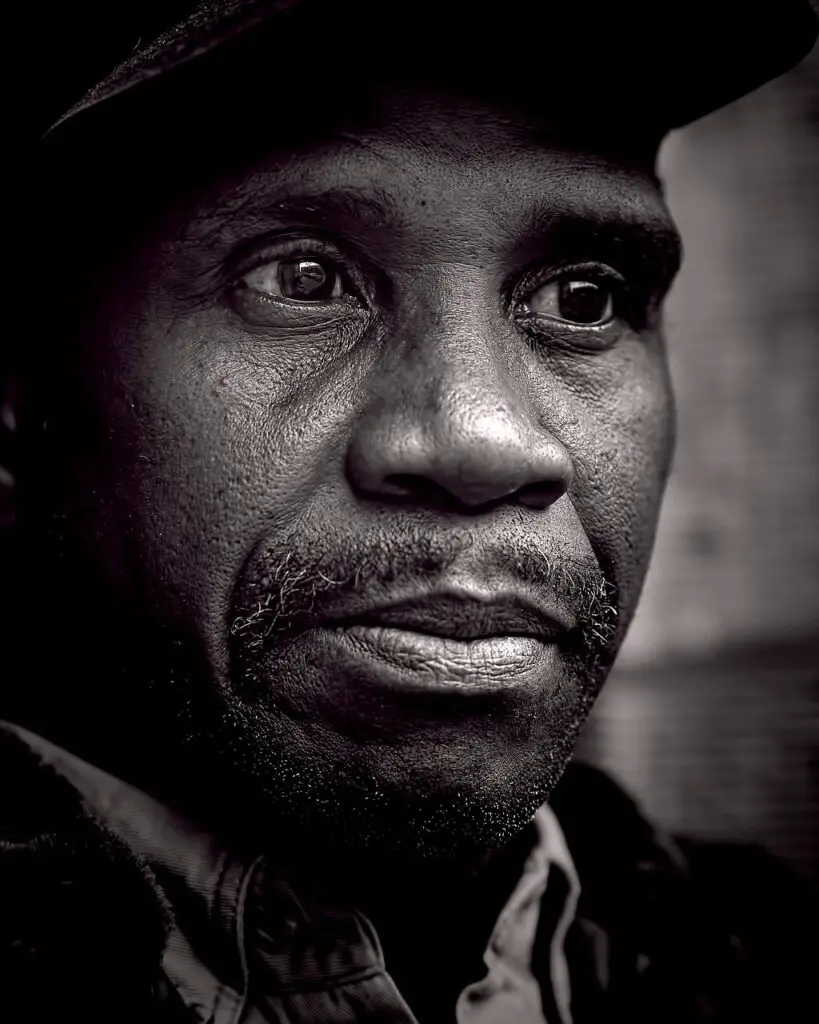-
A Boy Who Loved Me by Wilson Semitti – Book Review
Accepting yourself is, by no means, an easy task. Everyone has had a moment in life where they felt like a different person from who they portray themselves as. This identity crisis, though one of the toughest phases of our lives, made us aware of our true selves. What we yearn for through this excruciating…
-
Interview with Professor Ernesto Castañeda: Meet the Professor
Bio: Ernesto Castañeda is the Director of the Center for Latin American and Latino Studies, Founding Director of the Immigration Lab, and Graduate Program Director of the MA in Sociology, Research, and Practice. He conducts research on migration, urban issues, health disparities, marginalized populations, and social movements. He compares immigrant integration and ethnic political mobilization…
-
Book (Essay): The Work of Art in the Age of Mechanical Reproduction by Walter Benjamin
Walter Benjamin was a german frankfurt school marxist who wrote The work of art in the age of mechanical reproduction in 1936 after he fled Germany in 1932, when Hitler took power. Benjamin wrote this work when Fascism and Nazism were on rise and the world was moving forward in the strong influence of mass production…
-
Invisible Histories- A review on articles , “Can the Subaltern Speak?” and “Predicaments of Secular Histories”
History, we may simply claim, is a flawed discipline since it is very prejudiced. It is a set of multiple narratives, unlike other disciplines, there are no paradigms or fixed notions in a discipline like this, since, more or less, from what I could gather, it has been written in a certain way and different…
-
Comparison of Functionalist and Conflict Perspectives
Sociology is a branch of social science that scientifically studies the human society, human behavior and social interactions. In sociology the three main theoretical perspectives are functionalism, conflict perspective or Marxian perspective and symbolic interactionism perspective. In this article, we will explore the two key theoretical perspectives used in sociology and how they help us…
Follow us On Instagram @sociology_official
Show off your social photography skills! Share your most engaging shots on our Instagram and let the world see your unique perspective.







Leroy_Skalstad


